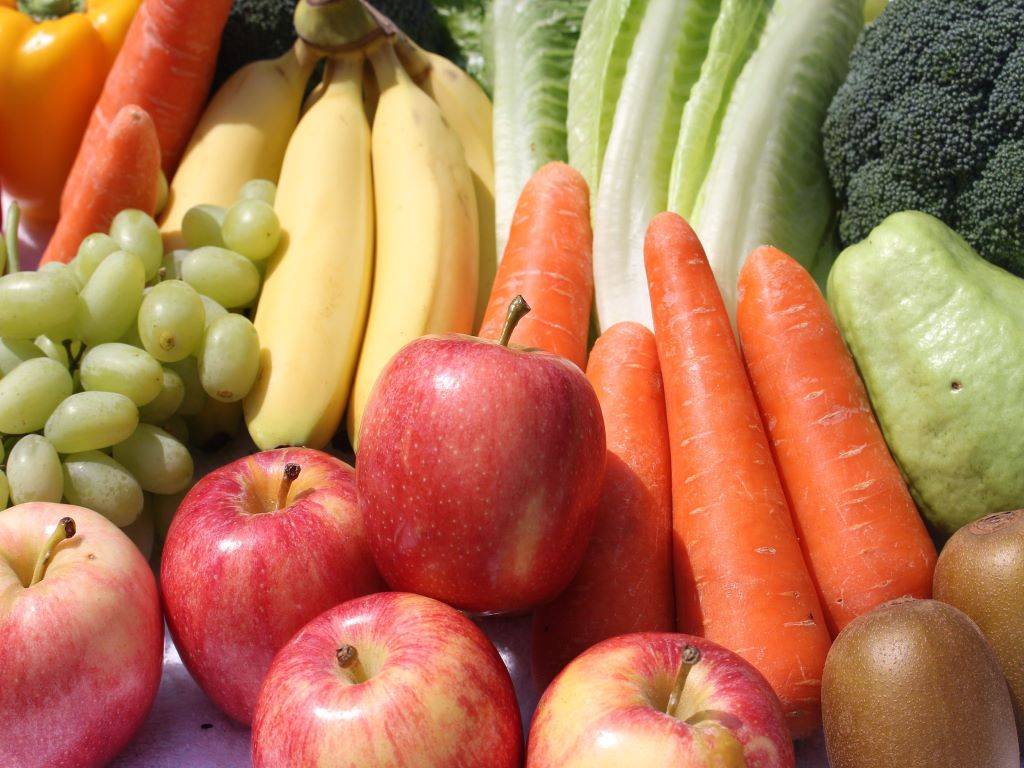
In December 2019, the General Assembly of the United Nations declared the year 2021 as International Year of Fruits and Vegetables.
This comes as a big step for two reasons:
-
The Coronavirus pandemic has left us wondering about our health. It is high time we pay attention towards strengthening our immunity, which protects us from diseases. It’s time to pick Fruits and vegetables that possess a high potential to do so.
-
Innumerable people in the world either do not have access to fruits and vegetables, or simply don’t eat them enough because they are ignorant of their benefits.
Declaring 2021 exclusively for fruits and vegetables comes as a ray of hope amidst the growing malnutrition cases in various countries of the world.
Objectives of International Year of Fruits and Vegetables:
-
To raise awareness on the nutritional benefits of fruits and vegetables.
-
To encourage healthy and balanced lifestyle and eating habits among people.
-
To decrease wastage of fruits and vegetables and to prevent unnecessary losses because of this.
-
To share the best practices for cultivation and consumption of fruits and vegetables.
Importance of Sharing the Best Practices
By declaring 2021 as the International Year of Fruits and Vegetables, the UN aims to highlight importance of not only eating fruits and vegetables, but also cultivating them in the most sustainable manner possible.
At the same time, it is important to improve transport, storage, processing, trade, retail, and recycling to reduce waste and losses.
The need of the hour is to integrate small holders like family farmers and bring them into the local, regional, national, and international value-supply chains. They must know the opportunities that lie in local and global trading.
Growers need to adopt innovative practices that include technological advancements to combat one of the biggest problems in fruit and vegetable production – loss and waste.
Farmers should know that cultivation of fruits and vegetables can contribute greatly to their livelihood, income, and food security, all the while keeping their family healthy.
Decade of Nutrition
The International Year of Fruits and Vegetables complements UN’s other equally important initiatives such as “Global Strategy on Diet, Physical Activity and Health,” declaring 2016-2025 as “Decade of Action on Nutrition,” 2019-2028 as “Decade of Family Planning,”
What can we do on a personal front on this International Year?
Include fruits and vegetables in your diet. If you already eat them, increase their amount in your diet. The daily recommendation is 400 grams or 5 servings of fruits and vegetables daily. They should be in the diet of babies as soon as they begin taking food other than mother’s milk.
Eat raw or eat them cooked, the choice is yours; but make sure you eat them. Raw vegetables have their own set of benefits. Some people are not able to digest raw food properly. In this case, eat them cooked, either steamed, boiled, baked, or sauteed. Eat fruits and vegetables in a variety to reap the maximum benefits.
While the government provides incentives to farmers supplying milk, it is also important to promote farmers growing fruits and vegetables.










